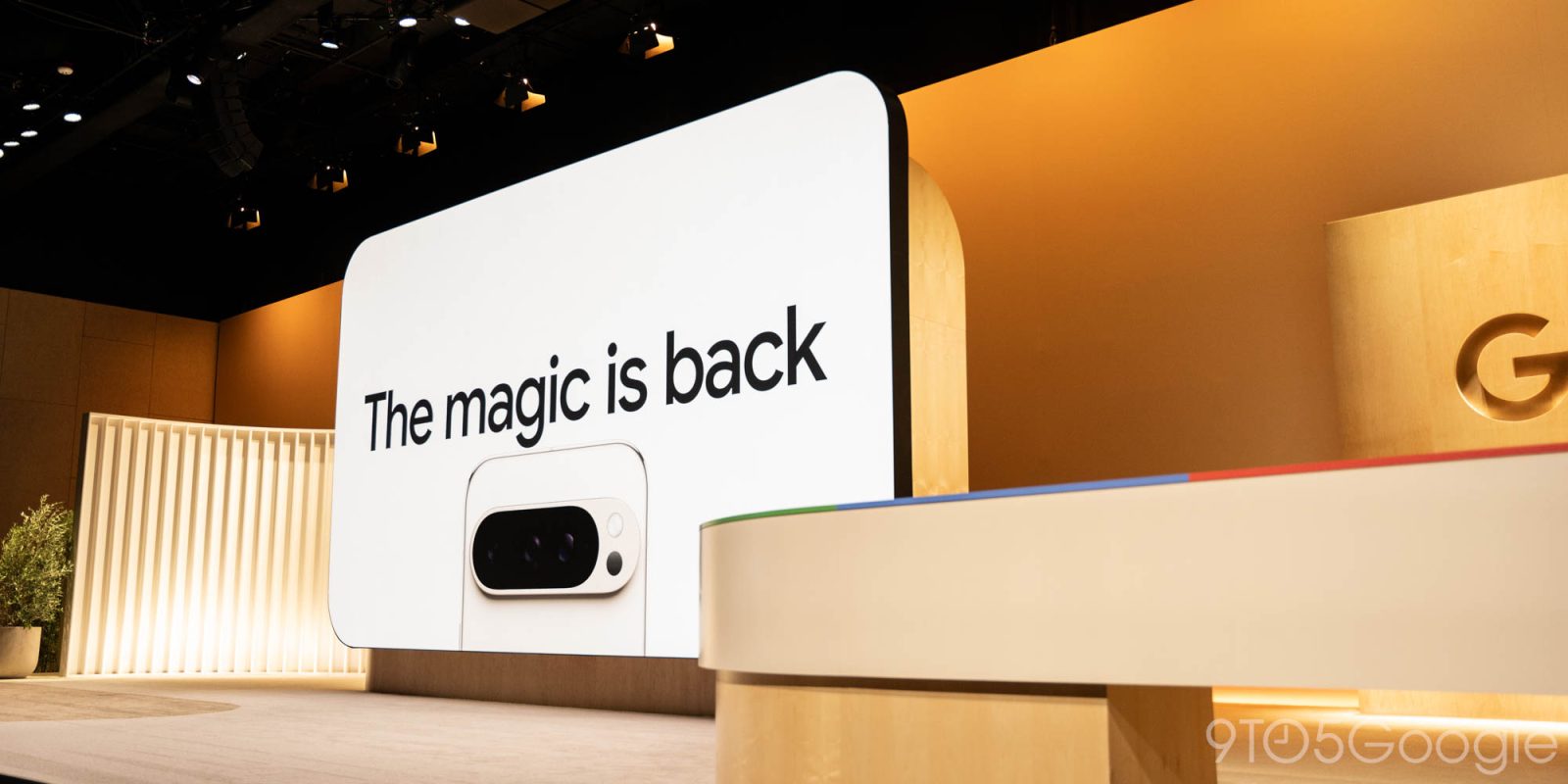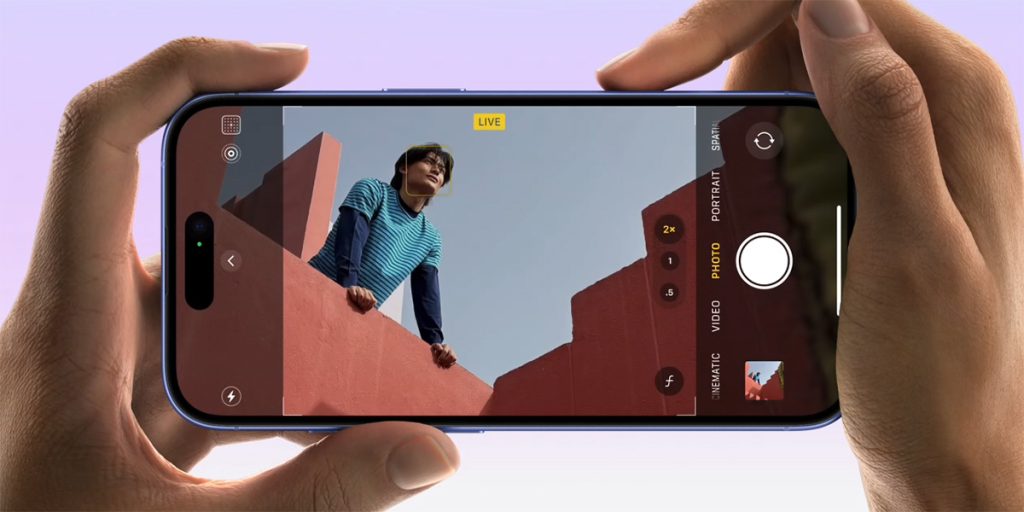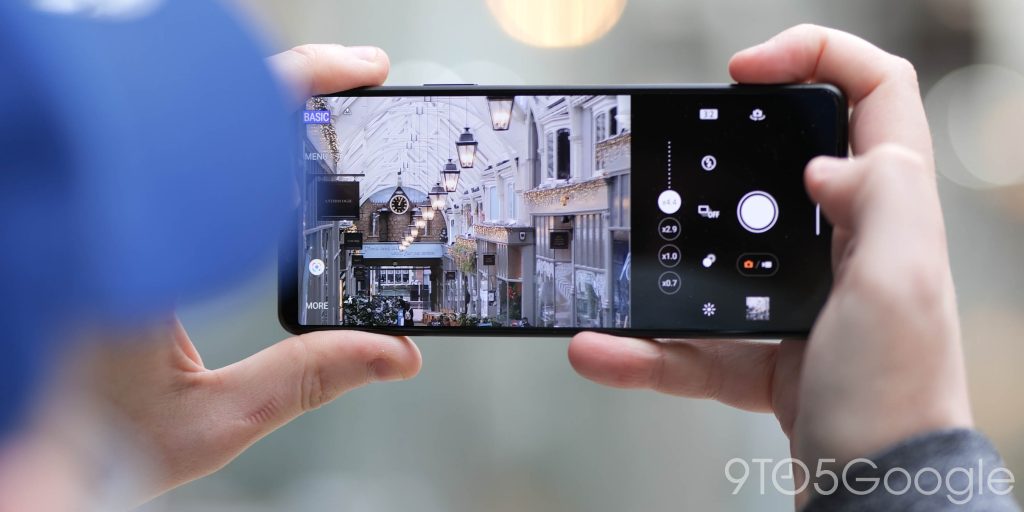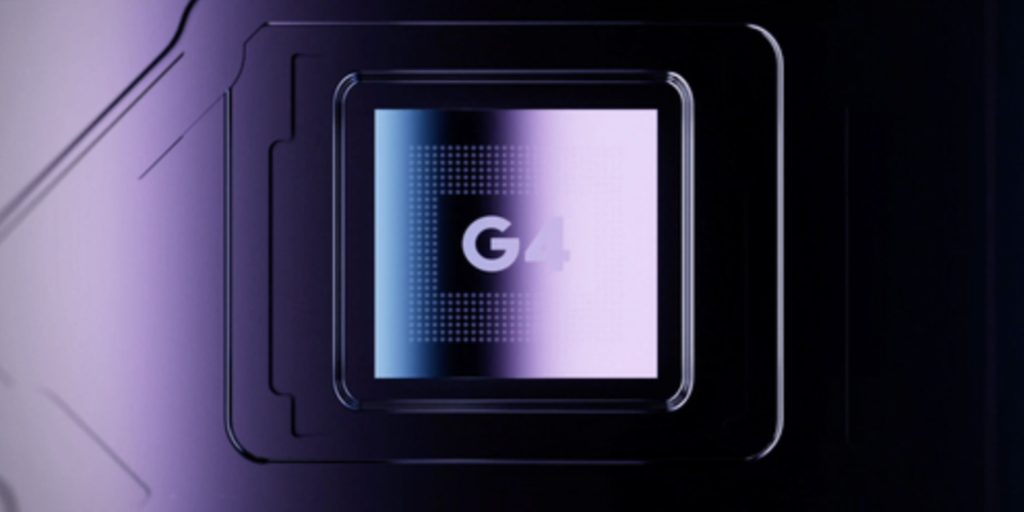
The early Made by Google event felt like a play to get ahead of the fruit company. Now that the iPhone 16 series has been unveiled — to less than usual fanfare — it proves that Google was right to bring forward the Pixel 9 launch, but let’s delve into the ‘why.’
If we’re all upfront and honest with ourselves, it’s very unlikely that the Pixel will ever reach the same mass market appeal as the iPhone. If that was a gut punch, hold tight because we need to lay some things bare before we get into some recent good decisions.
Whether it was the late entry into the “premium” space or some misfires in the early phases of the Nexus and Pixel lineup, it means that at this point in time, Google has a literal mountain to climb to get remotely close to the sales figures boasted by Apple execs.
A complete 180-degree turn needs to occur in every global market because, well, the latest 3% total US market share in the past 12 months is a literal drop in the ocean when compared to sales of rival brand devices.
Samsung is the world’s biggest smartphone maker, and the Korean tech giant can’t even boast the world’s most-sold individual device. Heck, of the top 10 devices sold last year, a version of the iPhone is found in spots 1 through 7. Only three budget Android-powered Samsung phones make up the remainder of the top 10 and that’s according to the latest figures from Counterpoint Research.
The most popular phone in the world isn’t even the most well-received. It’s not even the phone you probably thought it was. In 2023, it was the base iPhone 14. Not the Pro, not the Plus. The regular iPhone 14.
Inspiration over carbon-copy
With that in mind, the Pixel 9 has somewhat felt like a “if you can’t beat them, join them” iterative take on what is by far and away the most popular smartphone lineup on the planet. Google has taken some creative liberties, of course. It has sharper edges, uniform bezels, even the “G” logo at the back of the phone has been increased in size – possibly to mimic the large Apple logo you’ll see on many an iPhone. Oddly, making the Pixel more closely aligned makes it more enticing to the people Google wants to take note of the improved hardware.
The Cupertino-inspiration actually started way before these physical changes. You’ll often hear people refer to the Pixel series as the “iPhone of Android” – which, personally, I think diminishes the actual hardware somewhat. Even so, the shift from utilizing off-the-shelf components to the Tensor chip shows that Google wants to at least learn from the path Apple navigated in the smartphone hardware space.
I, like you, was worried that by following the leader, Google would diminish and devalue the Pixel 9. The Pixel 6, 7, and 8 have been well received despite lots of foibles of their own. But, to the surprise of just about everyone that has used or reviewed the Pixel 9 series, it actually works.
The “average buyer” clearly doesn’t care as much about the latest and greatest as we – the tech media and tech fan – does. Even so, as there always is, a buzz always builds around iPhone launch season. What’s interesting is the fallout of this event and how this affects Pixel.
For the first time in a while, the entire Apple “Glowtime” event felt a little lackluster.


You know the deal by now. Apple likes to repackage existing functions and put a mini spin on things. The biggest reveal is a new hardware button for the camera. Sony’s Xperia series springs to mind right away because, well, it’s not new. It’s just a different take.
All about the AI
Lots of the AI functions that were detailed at WWDC were also highlighted. To me, this is the first sign that Google’s earlier-than-usual Pixel launch was calculated, planned, and less rushed than we maybe gave the Mountain View firm credit for.
We know that Google has made great strides in AI over the past few years. First with Bard, but now rebranded as the almost ubiquitous Gemini. Gemini is bleeding into more and more places. It’s powering experiences, services, and applications where the Assistant wasn’t capable and would never be capable without major changes.
You could easily argue that the Pixel lineup serves as the tip of the spear to drive Gemini into more palms, more places, and more useful areas where AI can be applied.

Gemini Live is hopefully going to be the next-generation Assistant we’ve expected – and hoped for – for years. It isn’t limited to the Pixel, but the subscription required to access the service is bundled with every Pixel 9, 9 Pro, 9 Pro XL or 9 Pro Fold for 12 months once a device is activated.
That’s important because, for all the bluster and fanfare, no iPhone 16 device will launch with Apple Intelligence features pre-installed. Yes, you read that correctly. That’s because they will ship with iOS 18 rather than iOS 18.1. Google may have shipped with last year’s Android 14 operating system, but Gemini and AI functions are all packed into the update. It’ll likely improve with Android 15, too, which is due in a few weeks.
Google even powers one of the new functions on iPhone 16 hardware. Visual search is basically native Google Lens on iOS, but it proves that even Apple needs to rely on Mountain View to access the biggest and best data sets. Even the demo felt unrealistic or “forced.”
Where Apple has undoubted chipset supremacy, Google has AI supremacy in the mobile sector. From a pure hardware perspective, Tensor isn’t the most powerful in the traditional sense, but it can process AI faster and tackle machine-learning tasks without breaking a sweat. At the early Made by Google launch all of the AI demos were performed live on actual Pixel hardware – warts and all.

The confidence to do this with hardware that technically isn’t even as powerful as last year’s best Android flagship chip hints that Google had the perfect playbook for this specific moment in time. Over the past few years I’ve been guilty of comparing, well, Apples’ to Googles’. The Tensor chipset shift apes what happened way back in 2010 on the iPhone 4, ending the semiconductor reliance on Samsung.
First mover AI-dvantage
With AI playing a key role in smartphones moving forward, Google is intent on showing Apple how it’s done.
The optics of a less-than-stellar reaction to an iPhone launch shouldn’t be understated or lost either. The iPhone 16 series will no doubt be the biggest-selling device of the year by a very large margin, but Google will be buoyed by the decision to go out early and set down a marker.
Top comment by Paul Williams
Also took them further away from the sale season & black Friday. So people more likely to pay full price now rather than wait for £100 ish discount
First-mover advantage doesn’t always cede success in the smartphone space. Given the enhanced focus on AI over the past 18 months, Google is flexing its muscle as the only company capable of tying up all of the various strings into a neat – and powerful – bow. Aiming squarely at the consciousness of the end-of-year smartphone buyer, the Pixel 9 series has gained more plaudits, and at least judging by recent online reactions, people are taking notice.
The consensus appears that Apple whiffed the tee shot. By contrast, Google hit a solid drive straight down the middle and into safety.
Pixel 9 Pro Fold, better Pixel Watch, major improvements to the Pixel 9 series. The entire lineup is filled to the brim with products that don’t come with an asterisk on whether someone should consider them.
In the grand scheme of things, this barely registers as a “win” for any other brand. Will we ever see mass market appeal for the Pixel lineup to tackle the US duopoly of Samsung and Apple? Who knows….but….going out early allowed the Pixel to stand alone this year and not in Apple’s shadow. That alone is a big win for everyone – especially Google.
FTC: We use income earning auto affiliate links. More.





Comments